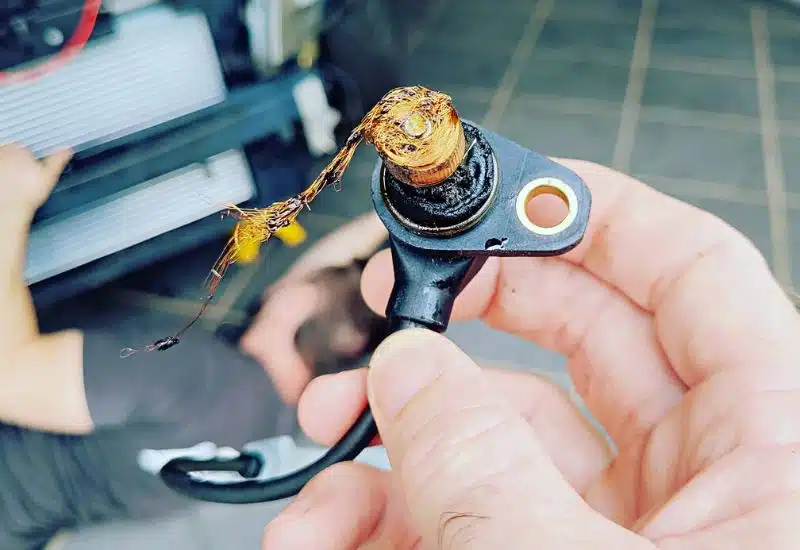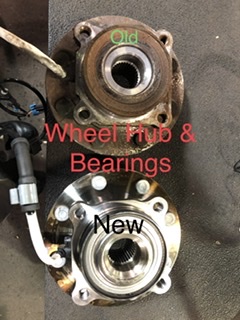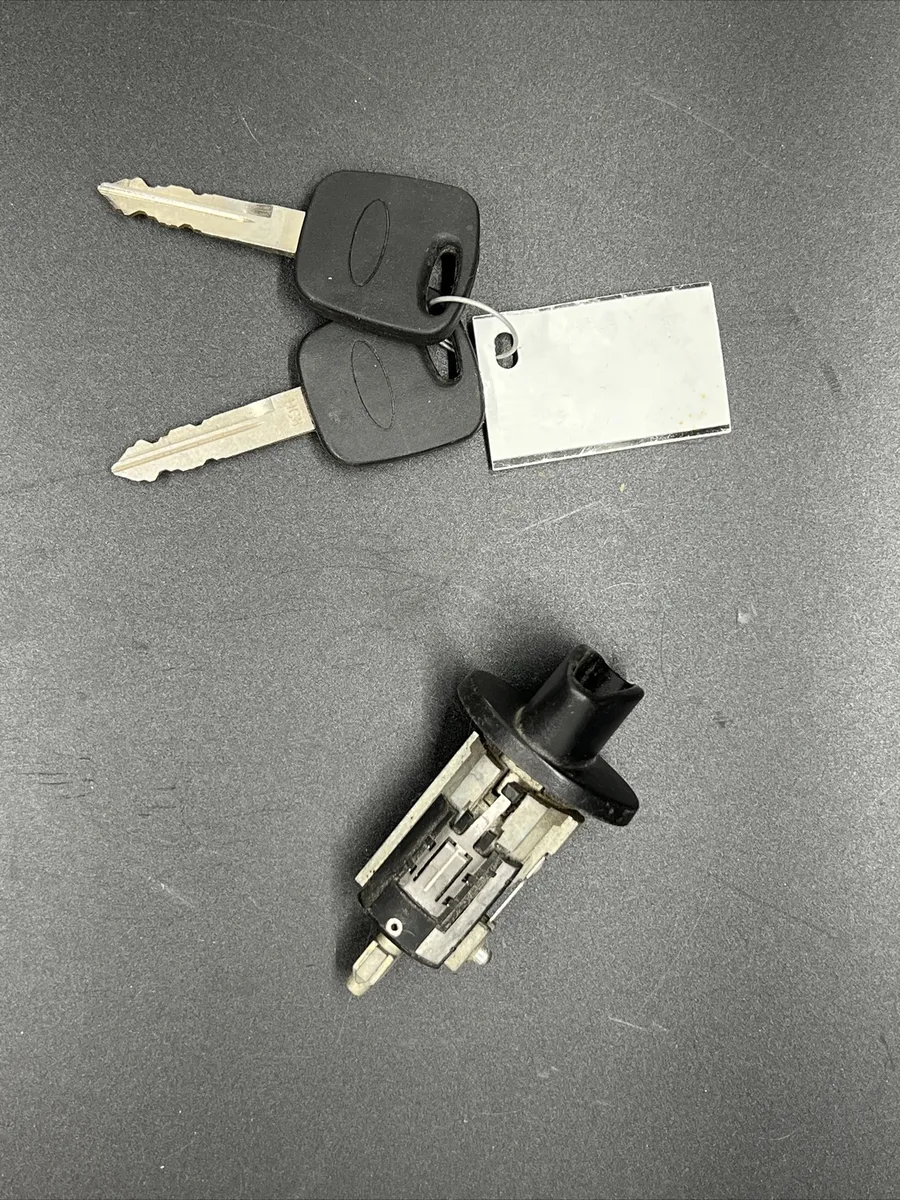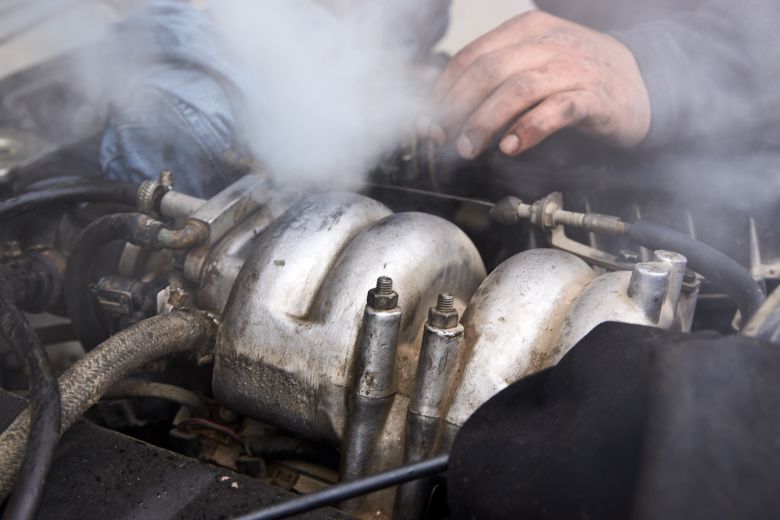Can a Bad Crankshaft Sensor Cause Transmission Problems
Yes, a bad crankshaft sensor can cause transmission problems. It may manifest as erratic shifting or prevent the transmission from engaging.
A car’s performance is heavily reliant on the harmony between its engine and transmission. The crankshaft sensor plays a crucial role in this relationship, providing necessary information about the engine’s speed and the position of the crankshaft to the car’s computer system.
Faulty data from a compromised crankshaft sensor can lead to improper functioning of the transmission system. This sensor’s failure can lead to a range of issues, from gear slippage to a complete inability to change gears. It’s essential for vehicle owners to recognize the symptoms of a failing crankshaft sensor to avoid more complex and costly transmission repairs down the line. Regular maintenance and prompt attention to any drivability concerns help ensure the longevity of both the engine and transmission systems.
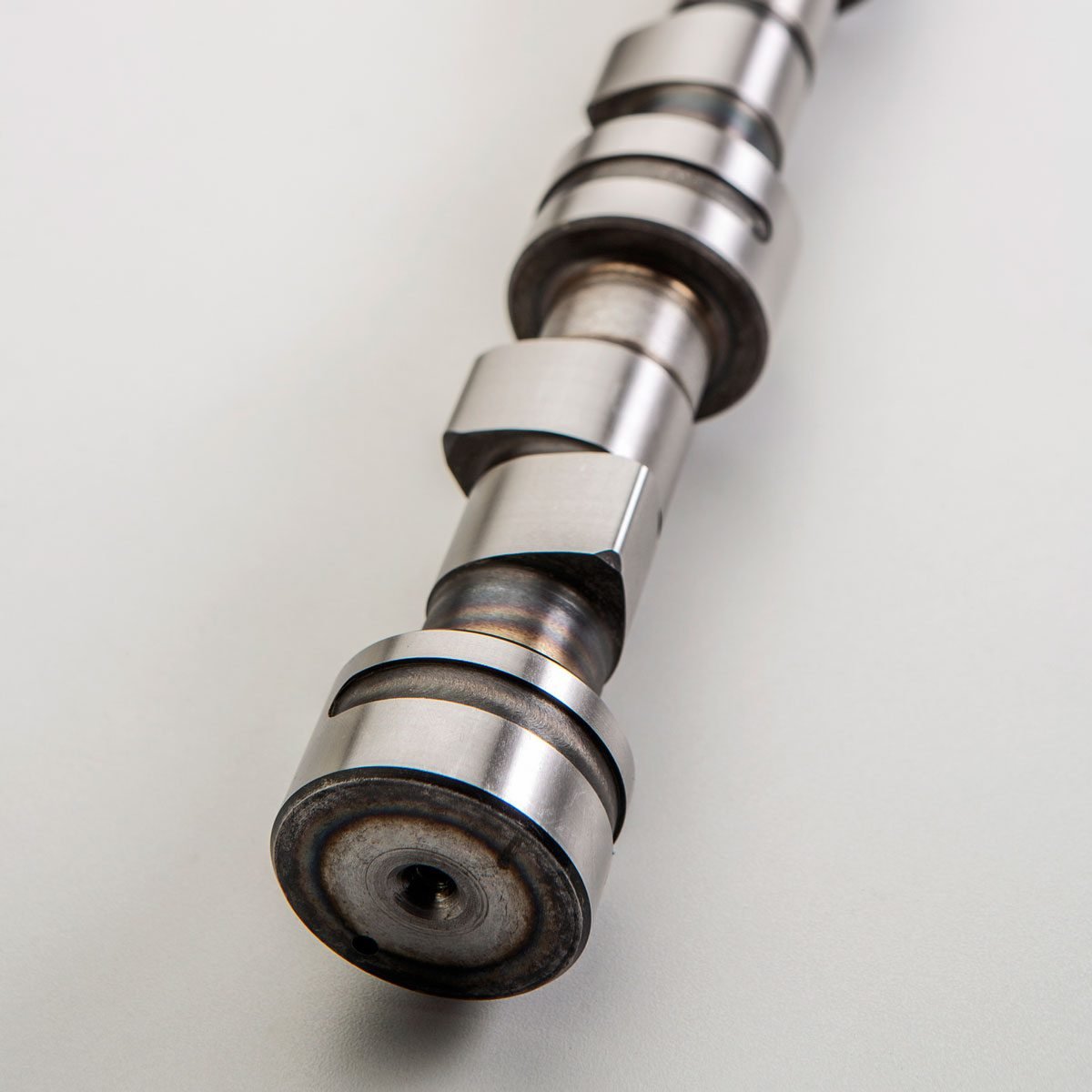
Credit: www.familyhandyman.com
Introduction To The Crankshaft Sensor’s Role
The crankshaft sensor is a pivotal part of a vehicle’s engine. It tracks the crankshaft’s speed and position. This data helps manage fuel injection and ignition timing. A faulty sensor can upset the engine’s operation. But can it also affect the transmission? Let’s explore this question.
Core Functions Of The Crankshaft Sensor
The crankshaft sensor handles important tasks:
- Monitors Crankshaft Position: The sensor detects the exact position of the crankshaft.
- Engine Speed Measurement: It measures how fast the crankshaft spins.
- Fuel Management: This data helps calculate the best time for fuel injection.
- Ignition Timing: It helps set the right timing for spark plug firing.
Interconnection With The Transmission System
How the crankshaft sensor and transmission system link:
- The sensor’s readings affect the engine control unit (ECU).
- ECU adjusts shifts and torque converter lock-up based on engine speed.
- Bad sensor data leads to erratic transmission behavior.
- This can result in harsh shifts or slipping gears.

Credit: kbmotorsports.biz
Symptoms Of A Failing Crankshaft Sensor
The crankshaft sensor plays a crucial role in your car’s performance. Its failure can lead to major engine and transmission issues.
Erratic Engine Behavior
A faulty crankshaft sensor affects engine regulation.
- Sudden stalling of the engine.
- Difficulty in starting the car.
- Engine misfires or vibrates.
- Uneven acceleration.
Illuminated Check Engine Light
The check engine light may flare up on your dashboard.
This warns of potential crankshaft sensor malfunction.
- It signals the computer detects a sensor error.
- A diagnostic scan can confirm the cause.
Direct Impact On Transmission Performance
The ability of an automobile to perform at its best hinges greatly on its transmission system. When this system falters, it can lead to a domino effect of automotive troubles. One piece of the puzzle often overlooked is the crankshaft sensor. This essential component can, indeed, greatly influence transmission performance.
Shifting Issues Traced To Sensor Malfunctions
A faulty crankshaft sensor can spell trouble for seamless gear shifts. This sensor plays a pivotal role in relaying engine speed and position to the vehicle’s computer system. Upon malfunction, it sends incorrect information, causing irregularities in gear shifting. These gear shifts may become jarring, abrupt, or unpredictable, posing a risk to safe driving and overall vehicle integrity.
The Sensor’s Influence On Transmission Timing
Transmission timing relies on precise data, particularly from the crankshaft sensor, for smooth operation. In a scenario where this sensor is compromised, the timings of the transmission may become erratic. This leads to an array of transmission problems, such as delayed gear engagement or even total transmission failure. Real-time, accurate data is critical for the optimal functionality of the transmission system.
| Problem | Benefit of Sensor Replacement |
|---|---|
| Irregular Shifting | Smooth and predictable gear changes |
| Erratic Transmission Timing | Restored synchronization and performance |
Ensuring the crankshaft sensor is in good working order is essential for the health of the transmission system, ultimately improving the vehicle’s reliability and longevity.
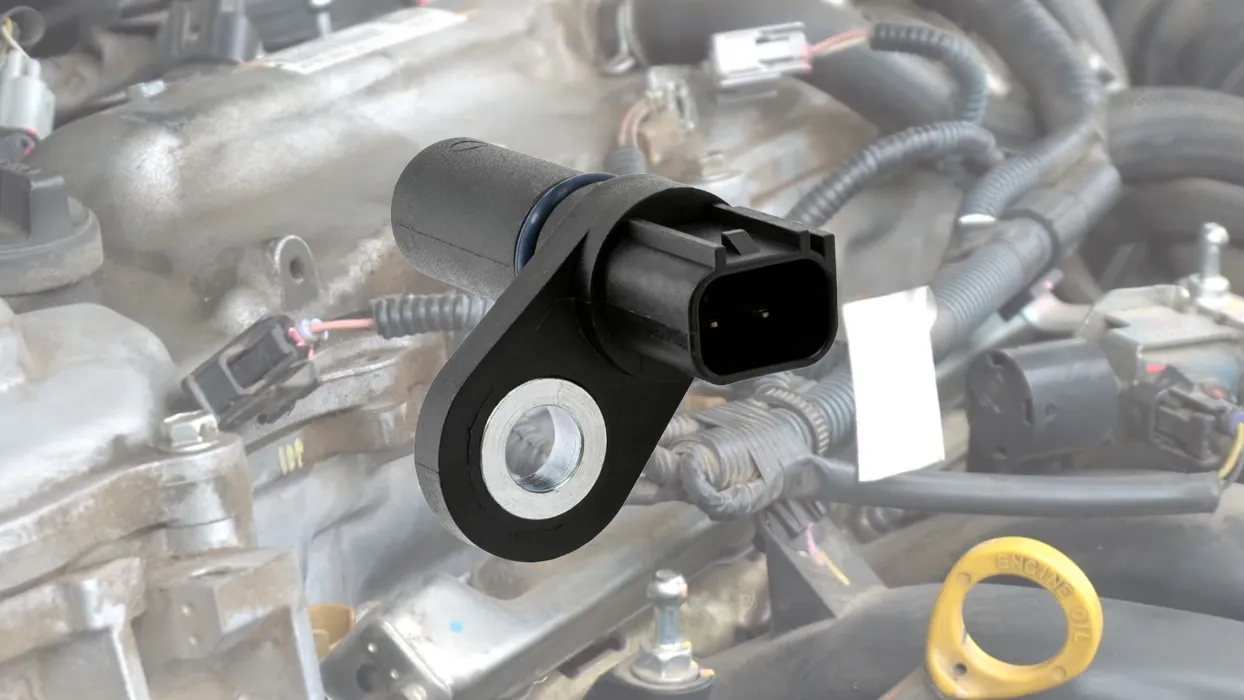
Credit: taxiwiz.com
Diagnostic Steps For Sensor-related Transmission Problems
Your car’s performance relies heavily on a symphony of sensors and components working in harmony. Among these, the crankshaft sensor plays a critical role. If it goes awry, it can set off a domino effect, potentially causing transmission troubles. Let’s embark on a diagnostic journey to pinpoint and resolve sensor-related transmission issues.
Troubleshooting The Crankshaft Sensor
To determine if the crankshaft sensor is the culprit behind transmission glitches, a systematic approach is essential. Follow these steps:
- Scan the vehicle’s computer for error codes.
- Examine the sensor’s connection for any signs of wear or damage.
- Measure the sensor’s output using a multimeter.
- Inspect the sensor’s positioning to ensure accurate readings.
If the sensor shows signs of failure, replace it promptly to avoid further issues.
Investigating Transmission Anomalies
When transmission problems arise, it’s important to look beyond the symptoms. A thorough check can uncover hidden issues:
- Monitor the transmission’s behavior. Note any irregular shifting or slipping.
- Check the transmission fluid level and quality. Look for unusual color or odor.
- Assess the overall transmission performance with a road test.
Linking crankshaft sensor issues to transmission problems requires careful analysis, and these steps will guide you through the process.
Addressing Crankshaft Sensor And Transmission Issues
Car troubles can be worrisome. The crankshaft sensor plays a huge role. It reads the engine’s speed. A faulty one can lead to transmission hiccups. Below we delve into the link between a bad crankshaft sensor and transmission problems.
Proper Sensor Replacement Procedures
Getting your crankshaft sensor replaced? Follow these steps carefully:
- Locate the crankshaft sensor. It’s near the engine’s crankshaft.
- Disconnect the battery. Safety first!
- Remove the old sensor. Unscrew and gently take it out.
- Install the new sensor. Align it correctly.
- Tighten it properly. Not too tight, not too loose.
- Reconnect the battery. Then, test your car.
Calibration Of The Transmission Post Repair
After changing the sensor, calibrate the transmission.
- Drive the car. Let the computer learn the new sensor.
- Monitor the shifts. They should be smooth.
- Scan for codes. There should not be any.
- Consult a mechanic if issues persist.
With proper installation and calibration, your car should run smoothly. Don’t ignore crankshaft sensor signals. They can lead to bigger transmission problems!
Preventive Measures And Best Practices
Taking the right steps in preventive measures and best practices ensures your car’s longevity. A malfunctioning crankshaft sensor can lead to serious transmission issues. To prevent such dramatic concerns, routine checks and timely action are crucial. Here’s how:
Regular Maintenance For Early Detection
Staying ahead of car troubles saves both time and money. Implement these measures:
- Regularly check engine diagnostics for error codes.
- Schedule full-service appointments bi-annually.
- Monitor your vehicle’s performance closely.
- Pay attention to warning lights on the dashboard.
Quality Parts And Professional Servicing
Quality components are the backbone of a reliable vehicle. Strictly adhere to these principles:
| Aspect | Recommendation |
|---|---|
| Parts Quality | Choose OEM or equivalent quality sensors. |
| Servicing | Trust certified mechanics for installation and repairs. |
| Warranty | Ensure parts come with a warranty. |
Invest in professional checks and replacements for lasting vehicle health.
Frequently Asked Questions On Can A Bad Crankshaft Sensor Cause Transmission Problems
Does A Crankshaft Sensor Affect Transmission?
Yes, a failing crankshaft sensor can affect transmission operation. It may cause erratic shifting, loss of gear selection or even cause the vehicle to go into a fail-safe mode to protect the transmission from potential damage due to incorrect engine speed signals.
Can A Bad Crankshaft Sensor Trigger Transmission Codes?
A bad crankshaft sensor can indeed trigger transmission error codes. Since the sensor affects engine timing, transmission systems that rely on accurate engine speed may log faults if the sensor provides incorrect data.
What Symptoms Indicate A Crankshaft Sensor Issue?
Symptoms of a crankshaft sensor issue include rough idling, engine stalling, difficulty starting, loss of power, and unexpected jerking or surging during acceleration. Check engine light might also activate.
How Does A Crankshaft Sensor Affect Gear Shifting?
A malfunctioning crankshaft sensor can lead to improper gear shifting. The transmission might shift erratically, fail to shift, or shift prematurely due to inaccurate engine speed readings, impacting the vehicle’s performance.
Conclusion
Understanding the connection between a faulty crankshaft sensor and transmission glitches is crucial for vehicle maintenance. The direct link is now clear, with potential issues ranging from erratic shifting to total transmission failure. Regular diagnostics and timely sensor replacements can save you from costly repairs and ensure your car runs smoothly.
Stay aware, stay proactive, and drive safely.

